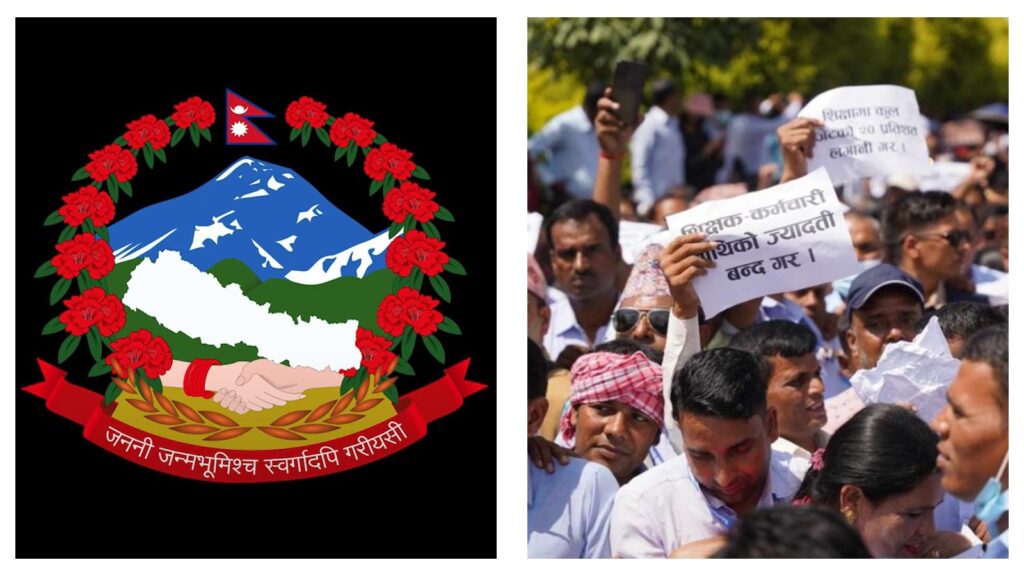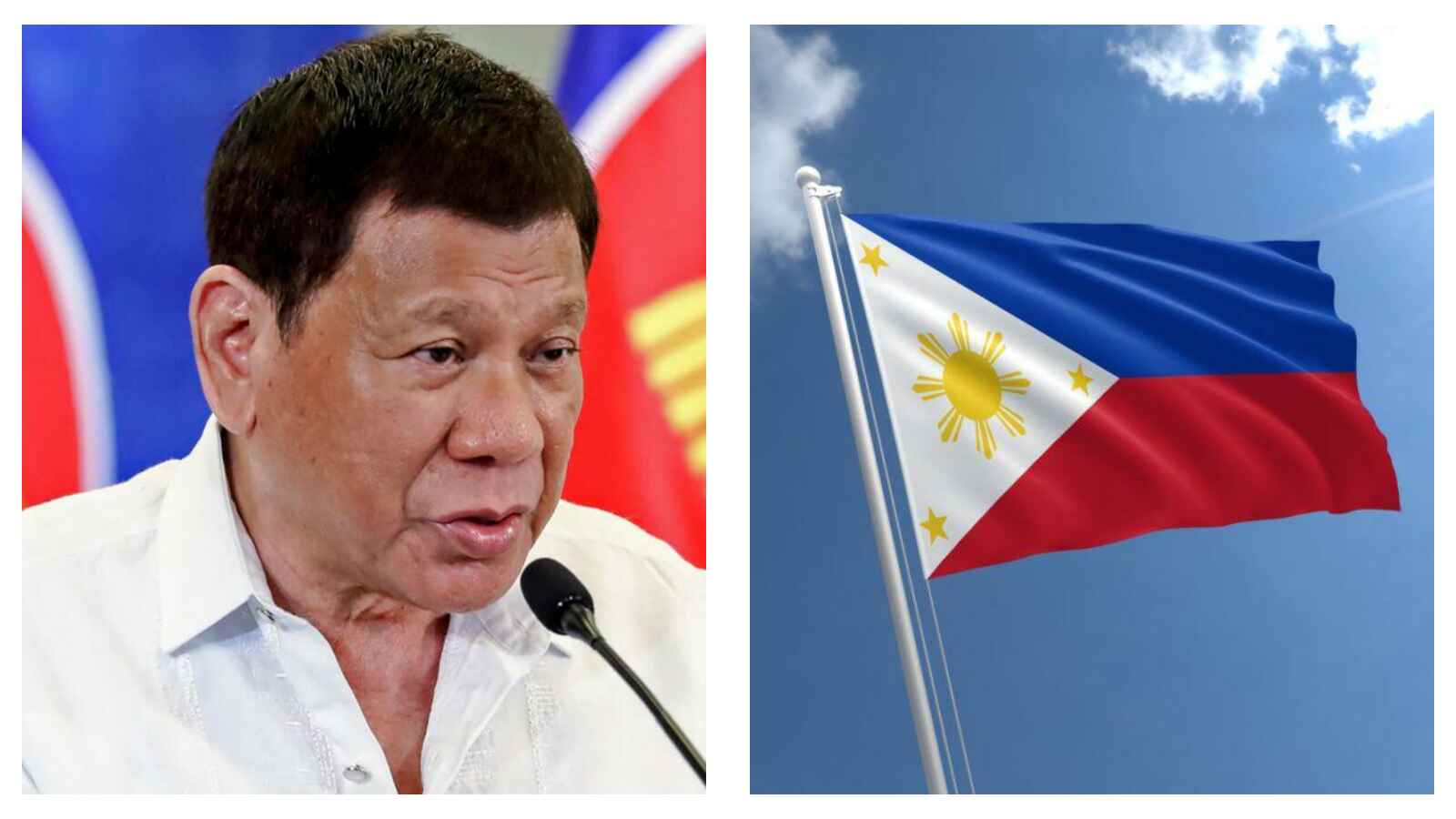By Jace Banite
March 11, 2025 will go down in history as the day that shook Philippine politics to its core, as the highly-influential former President Rodrigo Duterte was arrested by order of the International Criminal Court (ICC) for crimes against humanity.
The case against the 79-year-old retired head of state stemmed from the bloody “war on drugs” during his term, in which tens of thousands accused users and pushers of addictive narcotics were reportedly killed without due process, many of whom belonged to urban poor communities.
As of this writing, Duterte is detained at the ICC headquarters in The Hague, Netherlands, for pre-trial proceedings.
He is set to become the first Asian former president to be tried in the western Dutch city.
What does the ICC say?
The ICC issued an arrest warrant for Duterte on March 7, 2025, in which it is noted that the subject “is criminally responsible for the crime against humanity of murder… committed in the Philippines between 1 November 2011 and 16 March 2019,” a period when Durterte served as the Mayor of Davao City in the southern Philippines, and subsequently as the country’s president.
Citing “independent and impartial investigations,” the ICC accuses Duterte of forming and arming a so-called “Davao Death Squad” during his term as mayor, referring to a local group credited with summary executions of individuals suspected of petty crimes and drug dealings.
Moreover, the ICC highlighted in the warrant Duterte’s brutal anti-drug campaign following his election to the presidency in 2016, taking into account tens of thousands of reported cases of “extra-judicial killing (EJK)” carried out by law enforcers with his support.
According to government records, more than 6,200 drug suspects were killed in the nationwide crackdown on illegal drugs from July 1, 2016, the first full day of Durterte’s presidency, to May 31, 2022, a month before his successor took oath.
However, human rights groups put the death toll at over 20,000 people.
Amid the widespread violence, the ICC launched a preliminary examination into the situation in the Philippines on February 8, 2018, leading then-President Durterte to withdraw the country from the tribunal’s founding treaty, the Rome Statute, the following month.
The withdrawal took effect on March 17, 2019.
This explains why the coverage of ICC’s case against Duterte concluded on March 16 of that year.
According to Rome Statute Article 127 (2), the ICC maintains its jurisdiction over crimes committed before the Philippines withdrawal took effect, thus, the withdrawal does not affect proceedings initiated prior to its effective date, informs an explainer by Attorney Dean Ralph Sarmiento, a law professor.
READ MORE: Nepali teachers protest over political rights, job security

What happens next?
Following his March 11 arrest and escorted flight to The Hague, Duterte appeared via video link before the Pre-Trial Chamber 1 of the ICC for a pre-trial hearing.
At the session, “the Chamber verified the identity of the suspect and ensured that he was clearly informed of the crimes he is alleged to have committed and of his rights under the Rome Statute of the ICC in a language he fully understands and speaks,” informs a press statement from the ICC.
At the same legal convention, the Chamber “provisionally scheduled the confirmation of charges hearing to begin on 23 September 2025”.
The ICC explains that “purpose of the confirmation of charges procedure is to determine whether there is sufficient evidence to establish substantial grounds to believe that the person committed the crimes he or she is suspected of”.
“If the charges are confirmed, totally or partly, the case will be transferred to a Trial Chamber, which will conduct the subsequent phase of the proceedings: the trial,” it stressed.
Durterte’s trial at the ICC is expected to take years before a verdict is reached.
In an interview with local media, ICC Assistant to Counsel Attorney Kristina Conti said the trial may last eight long years “on average,” or “perhaps even 10 years at the maximum”.
“The process is long. Others may think the legal battle could only take one day, but that’s not the case,” said Conti, who also represents the families of drug war victims.
How do the Philippines react?
In regards to Durterte’s ICC arrest, the Philippine society has differing sentiments.
While those sympathising with the families of alleged EJK victims find the development a major step forward in achieving justice, avid supporters of the former president have been staging processions to express discontent.
The latest was held in Manila late Saturday, at which at least a thousand people gathered together for a candle-lighting and prayer rally in support of Duterte.
Participants of the event, which included Durterte’s loyal allies from the Senate, called for the “safe return” of the ex-president from the Netherlands to the Philippines.
The divided stance on Durterte’s arrest has dominated the internet too, with one side arguing that the move was necessary and long overdue, even calling March 11 as the “day of reckoning,” and insisting on how privileged Duterte is for having the chance to defend himself at court while thousands of EJK victims did not have the same opportunity.
On the other hand, Duterte defenders online claimed the arrest was politically motivated, taking into account the persisting dispute between the current Philippine President Ferdinand Marcos Jr. and Vice President Sarah Duterte, his daughter.
Denial
But in a press briefing after Duterte was taken into custody on March 11, Marcos denied any involvement of politics in the matter, stressing that the government merely abided by international law.
“We have commitments to them, and we live up to those commitments,” he was quoted as saying by Daily Tribune.
In a statement following the pre-trial hearing for Durterte on March 14, the Marcos camp insisted that the ICC is being “fair,” in handling the case against the former president.
“Duterte’s first appearance before the ICC could see how justice starts to roll down,” GMA Integrated News quoted Presidential Communications Officer Undersecrerary Attorney Claire Castro as saying.
“Therefore, it reveals further that FP (former President) Duterte was indeed afforded his fundamental rights as a suspect of crimes against humanity, specifically murder, contrary to Duterte’s camp statements. This is what we call (a) fair trial.”
READ NEXT: Malaysia’s strategic gambit: BRICS membership amidst global uncertainty
